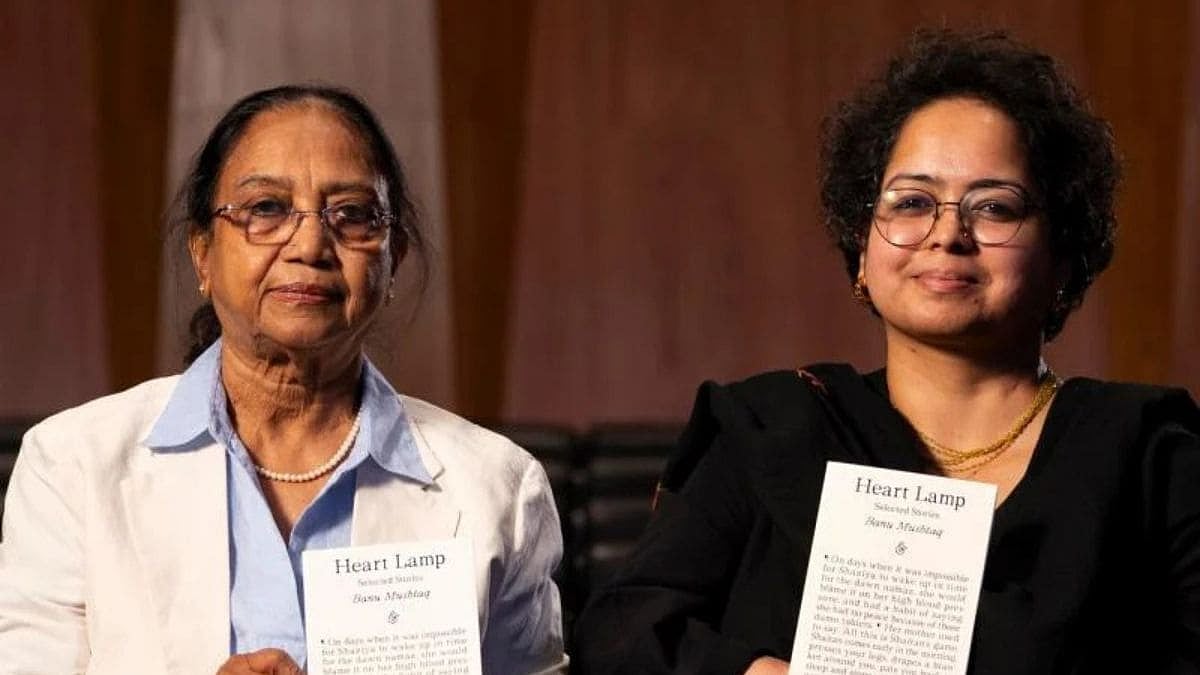It is a crowning moment for Indian, especially Kannada, literature that Heart Lamp by Banu Mushtaq has won the International Booker Prize 2025. This landmark achievement marks not only global recognition for a powerful literary voice but also a resounding affirmation of the rich traditions of protest writing in India.
The honour is doubly sweet because the translator, Deepa Bhasthi, shares the prize amount—acknowledging the important role of translation in bringing regional stories to the world stage. This success is also a poignant reminder of what might have been when U.R. Ananthamurthy, one of Kannada’s greatest writers, was shortlisted in 2013 but narrowly missed the prize.
Unlike Mushtaq’s work, which was selected story by story, Ananthamurthy was considered for his entire body of work—a different format that nonetheless underscored the global potential of Kannada literature.
Mushtaq is no newcomer to Kannada letters. A product of the Bandaya (protest) movement of the 1970s, she has long given voice to the marginalised—Dalits, women, and minorities. Heart Lamp comprises twelve stories drawn from three decades of her writing, each bearing the searing imprint of lived experience.
As Mushtaq herself said, she did not have to do “research” to write these stories—they are etched from her own life as a Muslim woman who is expected to suffer silence, suppression, and resistance. She has faced not just social ostracism but literal violence—a fatwa and a knife attack—for her insistence that women should be allowed to pray in mosques.
Yet, her courage has not wavered. In story after story, she exposes the misogyny embedded not just in society at large, but within religious and cultural traditions. The very first story in Heart Lamp provocatively begins by attempting to define the word “husband”, only to deconstruct the assumptions that give men automatic superiority in marriage. Her work confronts the cruel double standards women face: expected to endure, forgive, and obey—no matter how unworthy the man.
This award also marks a milestone in the evolution of literary translation. The success of Heart Lamp would not have been possible without Deepa Bhasthi, who came to terms with colloquial idioms and cultural nuances to preserve the texture of Mushtaq’s prose.
This echoes the historical role translation played when Tagore’s Gitanjali, rendered beautifully into English, won the Nobel. Turkish writer Orhan Pamuk is read globally because his works are beautifully translated into English.
By contrast, many great works in Malayalam, Bengali, and Tamil remain hidden from the global eye simply because they lack skilled translators. In a world hungry for authentic voices, Heart Lamp proves that truth told with courage and translated with care can illuminate hearts across continents.
